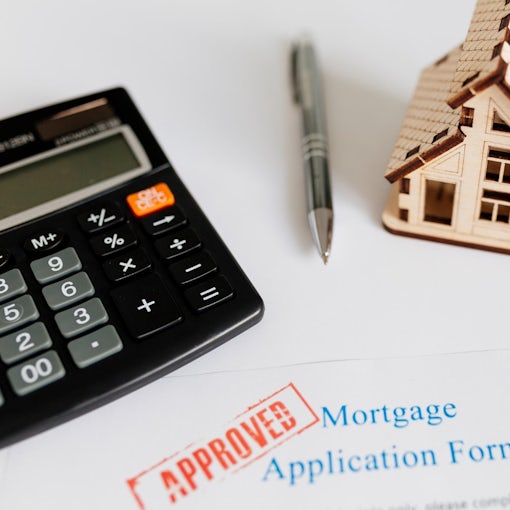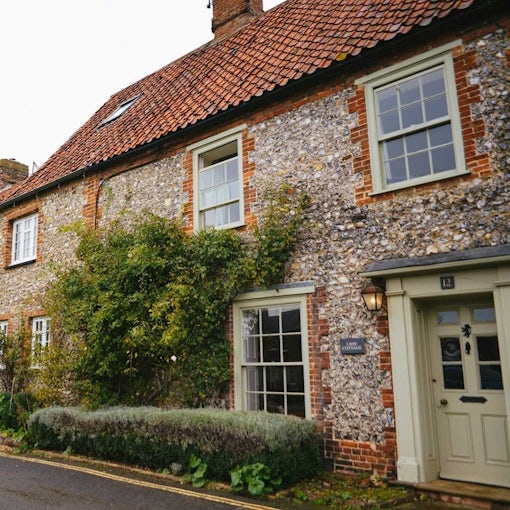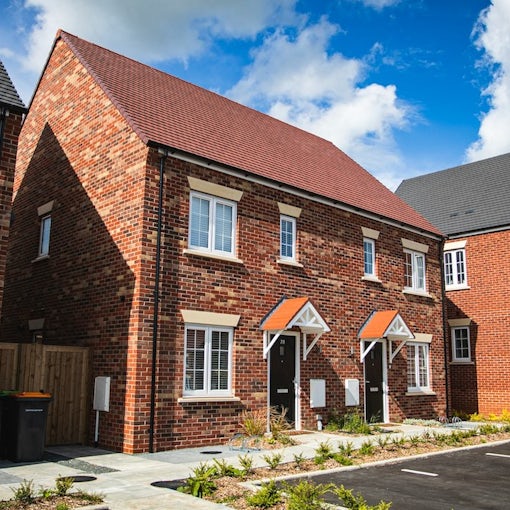In the past, ‘armchair’ property investors have achieved great success, earning an income from their properties and seeing impressive capital growth.
Then came the recession, which served as a wake-up call for many who were believed the old claim that property prices would double every 10 years.
As some people have learned to their cost, one of the major risks is having to sell your property when the market is down, or when you have negative equity as many properties did during the recession. Unfortunately, with property it’s difficult to gain access to your money quick as it can take months to sell.
But it is by no means all doom and gloom; with good research and the right team behind you, it is possible to succeed. Here are my top tips for reducing your property investment risk and maximising your returns:
1. Think long term
Property is a long-term investment, and the most successful investors are prepared to tie up their money for 15-20 years or more. You also need to plan an exit strategy now to consider when and how you will sell and how much tax you will have to pay. When choosing a property, consider if there will be demand for it in the long-term, especially with our ageing population.
2. Income or capital growth?
Are you hoping to generate a lump sum to pay off your own mortgage perhaps? Or maybe you are looking for an income to live on during your retirement. Whatever your aims, knowing whether you are looking to achieve a monthly income, or capital growth will make it easier to choose which property and type of investment is best for you.
3. Tap into local expertise
One of your best sources of information is your local agent. For example, our staff have lived and worked in Lincoln for years and regularly advise investors on which properties are in demand, what type of tenants need homes now and in the future, including which locations are popular for which type of property investment. We can also advise on the rental income your shortlisted properties could achieve and how to look for a good investment.
4. Have a Plan B
During the last recession, prices in in Lincoln fell by 17.63% so, to protect your investment, consider a deposit of at least 30% (18% plus 12%), which should allow you to re-mortgage if needed.
If rents drop, and a whole house let isn’t profitable, is your chosen property flexible enough to convert to room lets? This could generate a higher income but there will be licensing and planning permission implications, and more regulations; for advice on this, please do ask as I am always happy to help.
5. Don’t try to DIY
Buy-to-let is not as simple as buying a home to live in, so do seek out experienced people, such as a RICS surveyor who can advise on valuations, a solicitor or a conveyancer who understands wills and trusts, not to mention a specialist tax adviser who can mitigate your tax liability and help you understand the best way of owning the property.
Whether you are looking to invest for the first time, or have questions about your existing portfolio, please do get in touch as I will be happy to help find you a property that helps to ensure your investment delivers.













